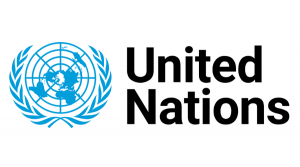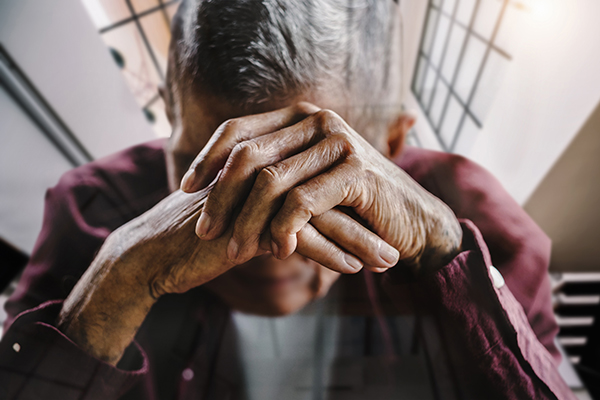Addressing Gender-Based Violence in Older Age Policy, Law and Evidence-based Responses
In the context of last year’s commemoration of World Elder Abuse Awareness Day (WEAAD), the World Health Organization in partnership with Department of Economic and Social Affairs (UN DESA), Office of the United Nations High Commissioner for Human Rights (OHCHR), United Nations Population Fund (UNFPA), UN WOMEN and with support from the International Network for the Prevention of Elder Abuse (INPEA), published Tackling abuse of older people: five priorities for the UN Decade of Healthy Ageing 2021–2030. The resource outlined key priorities to prevent and respond to abuse of older persons and, hence, contribute to improving their health, well-being and dignity. This year, the commemoration will provide an update on the implementation of the priorities.
Ahead of the milestone of the 75th anniversary of the Universal Declaration of Human Rights (UDHR), this year’s commemoration of WEAAD will also connect with the year-long campaign to promote and recognise the 75th anniversary. As the month of June of the campaign will focus on showcasing the UDHR by raising awareness on its legacy, relevance and activism as relates to women’s rights, the theme of the 2023 WEAAD commemoration in the United Nations Headquarters in New York is entitled Closing the Circle: Addressing Gender-Based Violence (GBV) in Older Age – Policy, Law and Evidence-based Responses.
Thursday, 15 June 2023, 1:15pm – 2:30pm (EDT) New York, UNHQ
An expert panel will present overall trends of violence against older persons, highlight gaps and challenges of implementing the objectives in Madrid International Plan of Action on Ageing. Expert panelists will also present five priorities to combat violence against older persons in the Decade of Healthy Ageing (2021-2030).
Addressing Elder Abuse
Between 2019 and 2030, the number of persons aged 60 years or over is projected to grow by 38%, from 1 billion to 1.4 billion, globally outnumbering youth, and this increase will be the greatest and the most rapid in the developing world, and recognizing that greater attention needs to be paid to the specific challenges affecting older persons, including in the field of human rights.
Elder abuse is a problem that exists in both developing and developed countries yet is typically underreported globally. Prevalence rates or estimates exist only in selected developed countries — ranging from 1% to 10%. Although the extent of elder mistreatment is unknown, its social and moral significance is obvious. As such, it demands a global multifaceted response, one which focuses on protecting the rights of older persons.
Approaches to define, detect and address elder abuse need to be placed within a cultural context and considered along side culturally specific risk factors. For example, in some traditional societies, older widows are subjected to forced marriages while in others, isolated older women are accused of witchcraft. From a health and social perspectives, unless both primary health care and social service sectors are well equipped to identify and deal with the problem, elder abuse will continue to be underdiagnosed and overlooked.
Age-friendly cities benefit everyone
Age-friendly cities benefit everyone. Everyone, and especially older people, including migrants and refugees living in communities outside their own, can benefit from approaches that target the challenges in creating enabling environments for all to live and thrive.









